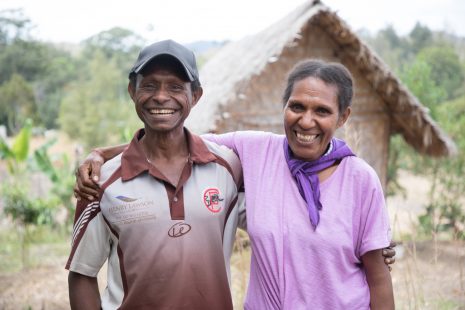Governance describes the process of decision making in communities, villages and societies: how decisions are put into action. As a leading aid organisation, governance has a significant impact on what we do, how we do it and what we can achieve.
Good governance means giving people opportunities to participate and be represented in the decisions that will affect them most. Where there is good governance, we find there are more effective, positive and lasting outcomes over the longer term.
Good governance sees:
- The empowerment of citizens to take part in local decision-making processes.
- Greater accountability and effectiveness of public authorities.
- More space for negotiation between citizens and public authorities.
CARE’s governance work
Taking a governance approach in areas like education, health, food security and poverty reduction means we can better tackle some of the power inequalities in decision-making processes.
Often, focusing some of our efforts on how decisions are made can help to maximise our impact. We believe that when public authorities and other power-holders are capable, accountable and responsive to poor and marginalised people, then services are fairer, more widely available and transparent. Our governance work helps to create space for the citizens and public authorities to come together to discuss local issues, which helps ensure that people can exercise their rights and communicate their needs. These efforts help to create positive collaborations between those in power and those at the grassroots, particularly for marginalised people.
CARE’s Community Score Card
In 2002 CARE developed the Community Score Card to help improve health services. The Community Score Card is a citizen-driven accountability measure for the assessment, planning, monitoring and evaluation of service delivery. It can be used to gather feedback from people who use services provided by governments and aid organisations and helps improve communication between communities and service providers. Our community scorecards have become an internationally recognised approach, within CARE and beyond.
Governance and gender equality
We believe that communities become more resilient when poor and marginalised people, particularly women and girls, are able to participate actively and be represented. We’re helping women take up leadership roles in their communities, providing them with the knowledge and skills to take part in traditional decision-making processes that would otherwise limit their involvement. For example, in cases where men dominate decision making in communities, development may focus on roads and infrastructure. Meanwhile, women’s traditional roles, such as providing food and caring for sick family members, may be neglected. The reality is that communities have many needs: when men and women work together to agree on priorities, then everyone can benefit.

